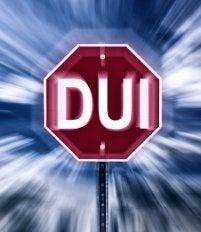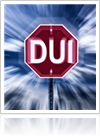 If you have been charged with DUI (driving under the influence of alcohol) or a DWI (driving while intoxicated) your first step should be to contact a criminal defense attorney in Annapolis. Maryland drunk driving laws are complex, and DUI is a crime that carries stiff penaltiesâand potentially jail time. While a defense lawyer can help you determine your best legal course of action, it is a good idea to familiarize yourself with the law with this brief introduction to Maryland DUI and DWI laws.
If you have been charged with DUI (driving under the influence of alcohol) or a DWI (driving while intoxicated) your first step should be to contact a criminal defense attorney in Annapolis. Maryland drunk driving laws are complex, and DUI is a crime that carries stiff penaltiesâand potentially jail time. While a defense lawyer can help you determine your best legal course of action, it is a good idea to familiarize yourself with the law with this brief introduction to Maryland DUI and DWI laws.
How Much Do You Have to Drink to Be Charged?
Anyone under 21 years old can be charged with a DUI or DWI if their blood alcohol level is .02% or greater. Drivers of legal drinking age can be charged with DWI if their blood alcohol content is between .04% and .08%. A DUI can be charged for drivers over .08%. Commercial drivers are held to a stricter standard, and may be charged for drunk driving if their chemical tests indicate a BAC at or over .04%.
Will I Go to Jail if I am Convicted?
Possibly. In Maryland, even first-time DWI offenders can face up to two months in jail, and a first DUI offense can carry a sentence of up to one year. After a second DWI conviction, drivers may spend a year in jail, while a second DUI can put you behind bars for up to two years. Added on to a criminal record and thousands of dollars in fines, it is easy to see why hiring a criminal lawyer is essential.
What Are the Legal Consequences if I Refuse a Breathalyzer?
Law firms generally advise their clients to take a chemical test when asked. After being pulled over, a police officer will generally first conduct a field sobriety test. The office may then ask you to submit to a breath or blood test to determine how much alcohol is in your system. Because Maryland operates under implied consent law, refusing to take a chemical test results in an automatic license suspension.

